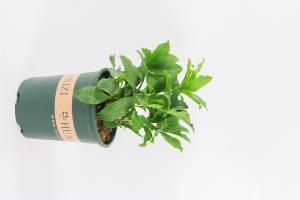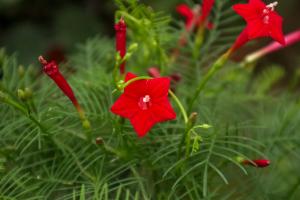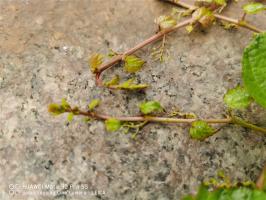Can You Use Pool Water for Plants?
Many homeowners with swimming pools may wonder if they can use their pool water for their outdoor plants. After all, pool water can seem like a waste product that could potentially be repurposed for irrigation. However, using pool water for plants is not as straightforward as you might think. In this article, we’ll explore the pros and cons of using pool water for gardening.
Benefits of Pool Water for Plants
The biggest advantage of using pool water for plants is the fact that it’s readily available. Instead of wasting a valuable resource, you can use your swimming pool water to water your lawn, garden or crops. Additionally, using pool water can help reduce your water bill, especially if you have a large pool and need to refill it regularly.
Another benefit of using pool water for plants is its chemical composition. Pool water typically contains chlorine, which acts as a natural pesticide to ward off bugs and pests. Additionally, the phosphates and nitrates found in pool water can enrich the soil and help plants grow healthier.
Drawbacks of Using Pool Water for Plants
While there are some benefits to using pool water for plants, there are also several drawbacks to consider. For one, pool water contains high levels of chlorine, which can be toxic to plants at certain concentrations. Chlorine can also kill beneficial bacteria in the soil, which can harm plant growth and reduce soil health over time.
Chlorine is not the only chemical found in pool water that can be harmful to plants. Many pool owners add chemicals to their water to keep it balanced and clear, such as algaecides, clarifiers, and pH adjusters. These chemicals can also have a negative impact on plant health and growth, depending on their concentrations and the specific plants being watered.
Using Pool Water for Irrigation
If you’re considering using pool water for your plants, there are some things to keep in mind. First and foremost, you should never use pool water for indoor plants, as the chlorine can negatively impact air quality and the health of the occupants in the home. Instead, use pool water for outdoor plants only.
Before using pool water for irrigation, it’s a good idea to test the water for chlorine levels and other chemicals. A simple chlorine test kit can be purchased from most pool supply stores, and will give you a general idea of the chlorine levels in your water. If the chlorine levels are high, you can let the water sit in a bucket or other container for a few days to allow the chlorine to evaporate before using it on your plants.
Another option is to invest in a pool filtration system that removes the chlorine and other chemicals from the water before it’s used for irrigation. These systems can be expensive, but may be worth the investment if you plan on using pool water regularly for gardening.
Conclusion
In conclusion, using pool water for plants is possible, but requires some careful consideration and preparation. While it can be a convenient and cost-effective way to water your outdoor plants, it’s important to be aware of the potential risks and take steps to minimize them. Ultimately, the decision to use pool water for irrigation will depend on your specific situation and the needs of your plants.

 how many times do yo...
how many times do yo... how many planted tre...
how many planted tre... how many pine trees ...
how many pine trees ... how many pecan trees...
how many pecan trees... how many plants comp...
how many plants comp... how many plants can ...
how many plants can ... how many plants and ...
how many plants and ... how many pepper plan...
how many pepper plan...

































